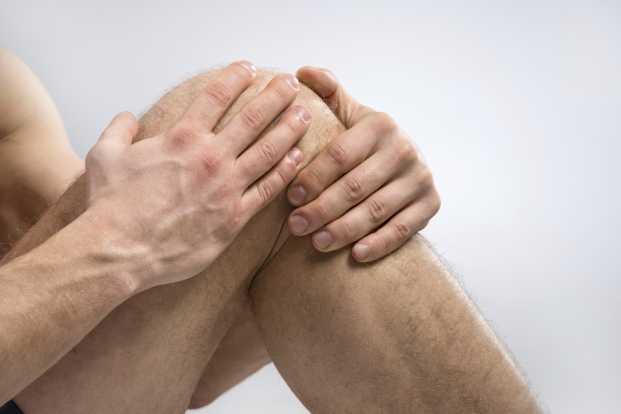Differences between Osteoarthritis and Osteoporosis
Apr 19, 2022
It is important to know about arthritis and how it affects your body. Today arthritis is one of the leading causes of disability in India. More than 180 million people in India suffer from some kind of arthritis. Early diagnosis and timely treatment are key to manage the signs and symptoms of arthritis. Refer to the details below that highlight the differences between osteoporosis and osteoarthritis.

Osteoarthritis
There are more than a hundred kinds of arthritis, osteoarthritis being the most common one. It is also known as the degenerative joint disease. It is caused by breakdown, inflammation & loss of cartilage in joints.
Risk factors linked to osteoarthritis are obesity, genetics & an earlier trauma to the joint. Osteoarthritis is more in women as compared to men, especially post the age of 45 years. Younger people can also develop osteoarthritis usually resulting from some joint injury, a genetic defect in the joint cartilage or a joint malformation. It is a highly painful, mobility restricting condition. May people take treatment due to associated pain. Osteoarthritis is diagnosed& managed by a Rheumatologist who offers a full evaluation of a patient’s osteoarthritis for confirming the diagnosis & ensures that the patient doesn’t have some different kind of joint problems like rheumatoid arthritis or gout.
Osteoporosis
While osteoarthritis refers to degeneration of joints, osteoporosis refers to the loss of bone mass that raises the risk of having fractures. Osteoporosis is a painless condition which becomes painful if someone experiences the results such as a broken bone or a fracture.
It is vital to remember that pain isn’t always a symptom of some disease process. i.e. pain symptoms are absent in diabetes, High BP or thyroid. As osteoporosis is symptomatic and is progressive and prevalent in aging people, it needs to be actively identified. Intervention and management in earlier stages are vital for significantly lowering the sickness consequent to the bone fractures of hips and spine. Patients suffering from hip fractures are at greater risk of premature deaths or the loss of independence lost a fracture. It is also found that patients experiencing the trauma of osteoporotic hip fracture have 24% increased the risk of demise within a year of the fracture. Rheumatologists diagnose osteoporosis and provide & monitor best treatments for the condition. Risk of osteoporosis can be reduced by spreading awareness about risk factors and by taking steps to curb the loss of bones. Low bone mineral density is a big risk factor to cause a fracture. It is the main result of osteoporosis. Osteoporosis is more common in women above 50 years of age or after menopause.









